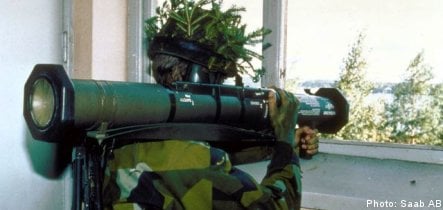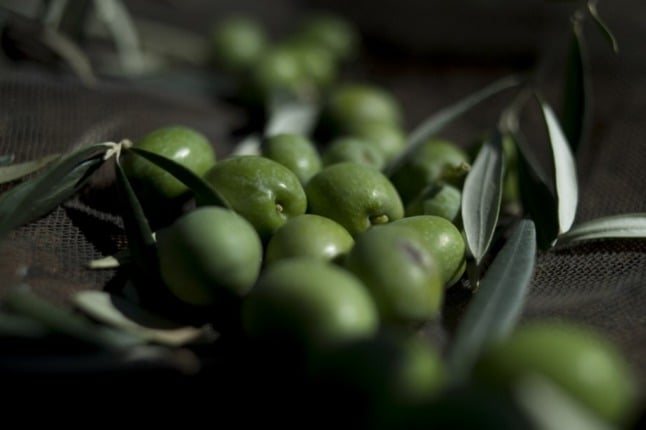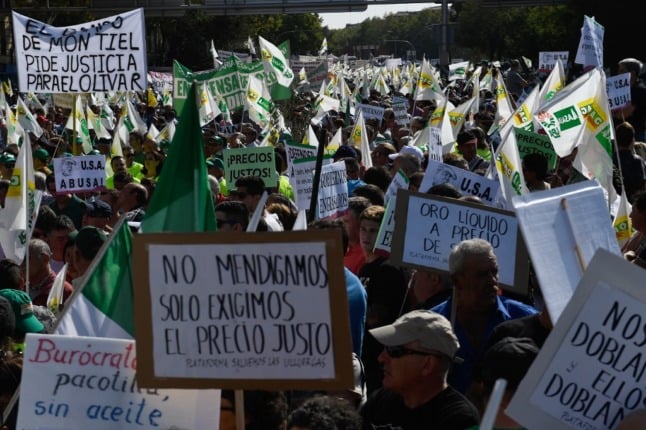“We have asked the officials of the government of Venezuela to give us information on how they believe this material was found in Colombia,” said Jens Eriksson, a political advisor to the Swedish Industry Ministry.
“We have it confirmed that a small amount of (defence) material made in Sweden has been found in a FARC camp,” Eriksson said, stressing that no Swedish company had ever been granted a permit to sell to Colombia.
Later on Monday, Colombian Vice President Francisco Santos said a number of anti-tank weapons had been seized from FARC rebels, adding that they had been purchased by Venezuela in Europe.
“In several operations in which we have recovered weapons from the FARC, we’ve found powerful ammunition (and) powerful equipment, including anti-tank weapons which a European country sold to Venezuela and which turned up in the hands of the FARC,” Santos told Colombia’s Caracol radio.
The FARC is Latin America’s oldest and largest insurgency, and has been battling the government in Bogota for 45 years.
On Monday, Venezuela’s Interior Minister Tareck El Aissami denounced Sweden’s statements as a “new attack” against his country, while Foreign Minister Nicolas Maduro described them as a way for neighboring Colombia to “justify” its recent military pact with the United States.
An agreement announced earlier this month allowing US forces to use three Colombian military bases for South American anti-drug operations has heightened tensions between Colombia and its neighbors Venezuela and Ecuador.
Colombian President Alvaro Uribe on Monday warned that the FARC “now are seeking to buy some surface-to-air devices to try and shoot down our planes,” and asked for help from the international community to thwart such attempts.
Jane’s Defence Weekly reported on July 20 that the weapons in question were AT4 rocket launchers produced by Saab Bofors Dynamics in Sweden.
Chief executive Tomas Samuelsson confirmed the weapons found by Colombian authorities were indeed made by the company.
“We have been informed that our weapons have been found in the camp,” he told AFP.
“All countries that we export to have to sign an ‘end user’ certificate otherwise export will not be permitted. Unfortunately, sometimes a weapon shows up where it shouldn’t be but that is very rare. When that happens, it is normally theft,” Samuelsson said.
Saab Bofors Dynamics is a subsidiary of the Swedish defence company Saab – a separate company from the automaker of the same name – that employs 13,300 people worldwide.




 Please whitelist us to continue reading.
Please whitelist us to continue reading.
Member comments